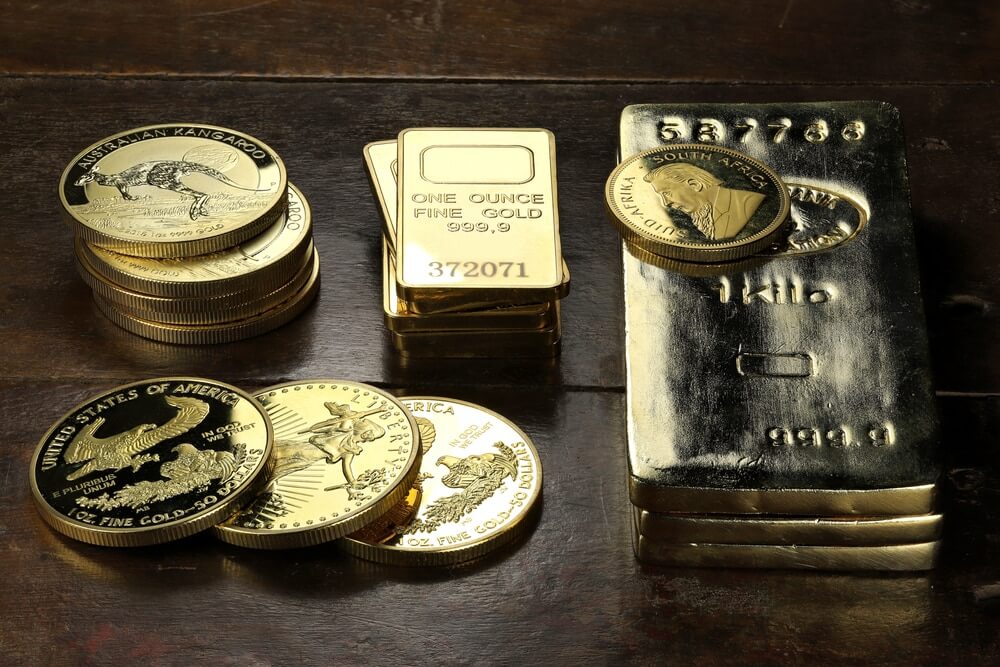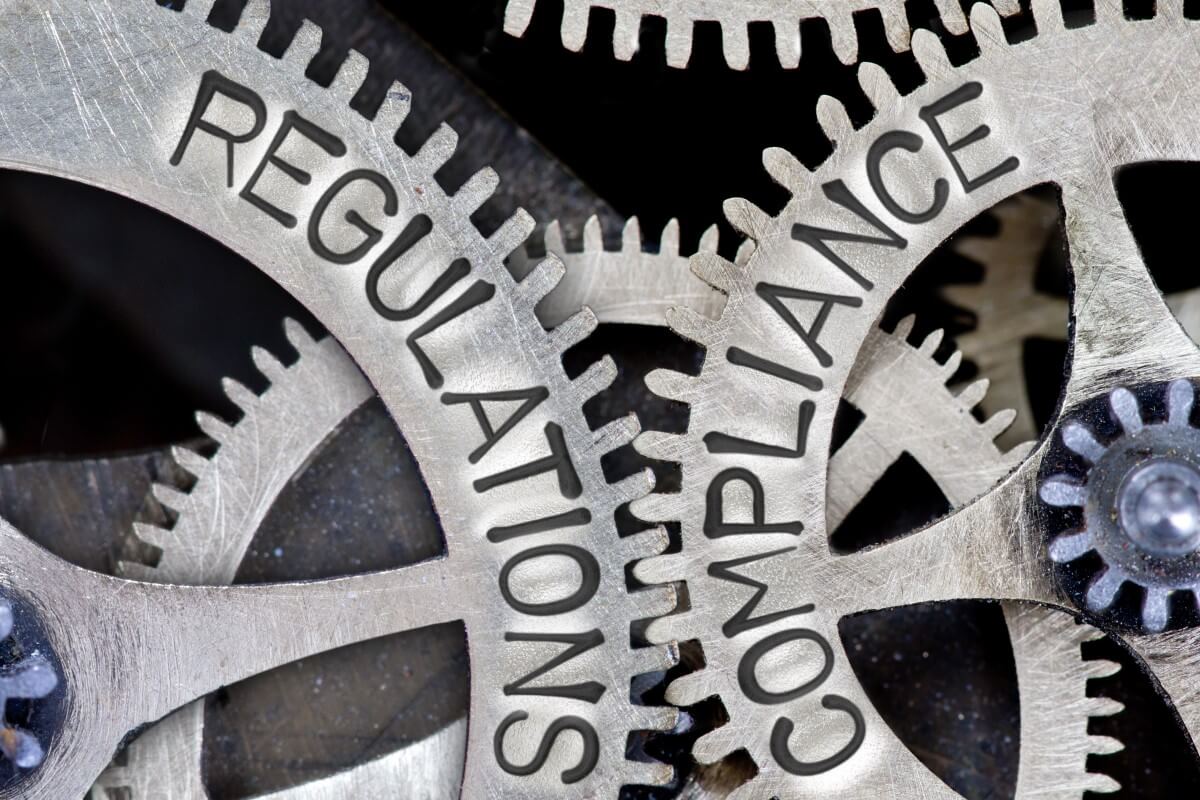
How to Become a Bullion Dealer: A Step-by-Step Guide
Becoming a bullion dealer is an interesting path for individuals fascinated by commodities and financial markets.
Moreover, trading in precious metals such as gold coins, silver, platinum, and palladium can be a lucrative business. However, success requires careful planning, industry knowledge, and adherence to regulatory guidelines.
Here’s how you can embark on this journey:
What Is a Bullion Dealer?
A bullion dealer is a business or individual that buys and sells precious metals in bars, coins, or other physical forms. The most commonly traded precious metals include gold, silver, platinum, and palladium. Bullion dealers may operate online or have physical storefronts where customers can purchase or sell precious metals.
Additionally, these dealers play a crucial role in the precious metals market by enabling the buying and selling physical metals. They typically obtain their inventory from mints, refineries, or other reliable sources and then offer these products to investors, collectors, and individuals interested in owning physical assets.
Customers often turn to bullion dealers for investment purposes, to hedge against economic uncertainties, or to diversify their investment portfolios. Hence, it’s important to choose trusted bullion dealers to ensure the authenticity and quality of the precious metal being bought or sold. In addition, individuals must research, understand market trends, and build a network of contacts within the industry.
Who Can Become a Bullion Dealer?

Becoming a bullion dealer is typically open to individuals who possess the necessary knowledge, skills, and resources to navigate the precious metals market. While there are no strict educational requirements, a background in finance, economics, or a related field can be advantageous.
Here are the key qualifications and characteristics to work in this field:
1. Educational Background:
While there are no strict educational requirements, having a background in finance, economics, or a related field can be advantageous, for instance.
2. Market Knowledge:
You need to have or develop a deep understanding of the precious metals market. This includes factors affecting prices, such as geopolitical events, currency fluctuations, and supply-demand dynamics.
3. Legal Compliance:
Knowledge of and compliance with legal and regulatory requirements, including licensing, anti-money laundering (AML), and know-your-customer (KYC) regulations, are crucial to operating a legitimate and ethical bullion business.
4. Financial Resources:
Securing the necessary funding to cover startup costs, initial inventory purchases, storage facilities, and operational expenses is essential. This may involve personal investments, loans, or partnerships with investors.
5. Supplier Relationships:
Building relationships with trusted suppliers, such as mints or refineries, is critical. Reliable sources ensure the authenticity and quality of the bullion products being bought and sold.
6. Security Measures:
Establishing secure storage facilities equipped with advanced security measures is important to protect valuable assets. Compliance with insurance requirements for stored precious metals is also a consideration.
7. Business Acumen:
A sound business plan, marketing strategies, and a strong online presence are essential to running a successful bullion dealership.
8. Adaptability:
Staying informed about market changes, adapting to shifting economic conditions, and adjusting business strategies are crucial for long-term success as a bullion dealer.
While no specific background or career path is required to become a bullion dealer, individuals with financial insight, market knowledge, and business skills are better positioned to thrive in this industry. It’s important to continuously educate oneself, stay informed about market trends, and maintain a commitment to ethical business practices, for instance.
Why Obtain a License?

In addition to the mentioned qualifications, obtaining the necessary licenses is critical to becoming a bullion dealer. Here’s why:
1. Legal Compliance:
Licenses, such as a General Business License and a Precious Metal Dealer License, ensure that you operate within your jurisdiction’s legal framework. This legitimises your business and helps you avoid legal complications and penalties.
2. Consumer Trust:
Holding the required licenses signals to potential customers that your bullion dealership adheres to industry standards and regulations. This instils confidence in consumers, enhancing trust and credibility in your business.
3. Tax Obligations:
Depending on your location, you may need to register for VAT or sales tax. Therefore, having the necessary tax-related registrations ensures that you fulfil your obligations to the government and avoid potential legal issues related to tax evasion.
4. Operational Legitimacy:
A licensed bullion dealer is seen as a legitimate and established entity by regulatory authorities, financial institutions, and potential partners. In doing so, this can facilitate smoother business operations, banking relationships, and collaborations within the industry.
What Licenses Does It Require?
The licensing requirements for bullion dealers vary by country and sometimes within regions in a country. Generally, you will need:
- A General Business License – This is the basic requirement for starting any business and allows you to operate legally in your chosen location.
- A Precious Metal Dealer License – Some jurisdictions require a specific license to deal in precious metals. This license ensures compliance with trading standards and anti-money laundering regulations.
- Tax-Related Registrations – Depending on your location, you may need to register for VAT or sales tax, especially if you sell bullion directly to consumers.
Above all, always check with your local and national authorities to understand the licenses and permits required to operate as a bullion dealer.
Conclusion
Becoming a bullion dealer as an individual is challenging but possible. It requires market knowledge, capital, legal compliance, and risk management.
By understanding and navigating the complexities of the precious metals market, individuals can build a successful business dealing in bullion. For this reason, always stay informed, network extensively, and prioritise security and compliance to establish a reputable and profitable operation.
Frequently Asked Questions (FAQ):
1. What Does Bullion Mean?
“Bullion” refers to precious metals, gold or silver, as bars, ingots, or coins. These metals are considered valuable and are traded on the commodities markets.
2. Is It Possible to Become a Precious Metal Dealer as an Individual?
Yes, individuals can become precious metal dealers. However, success in this field requires a deep understanding of the market, significant capital, and adherence to legal requirements. Individuals must research, understand market trends, and build a network of contacts within the industry.
3. What’s The Difference Between Gold and Bullion?
Gold is the precious metal itself, while bullion refers to precious metals like gold, silver, platinum, and palladium in bulk forms such as bars or ingots. Gold is a type of bullion, but not all bullion is gold.
4. What Regulations Apply to the Sale of Gold Jewellery?
Jewellers selling gold must comply with standard commercial regulations. This includes maintaining an accounting book, being registered in the commercial register, and being subject to taxes based on their receipts.
5. Does the Resale of Used Gold by Individuals Require a License?
Individuals engaging in resale used gold, such as old family jewellery or gold scraps from old objects, do not require a license for personal, non-profit sales.




